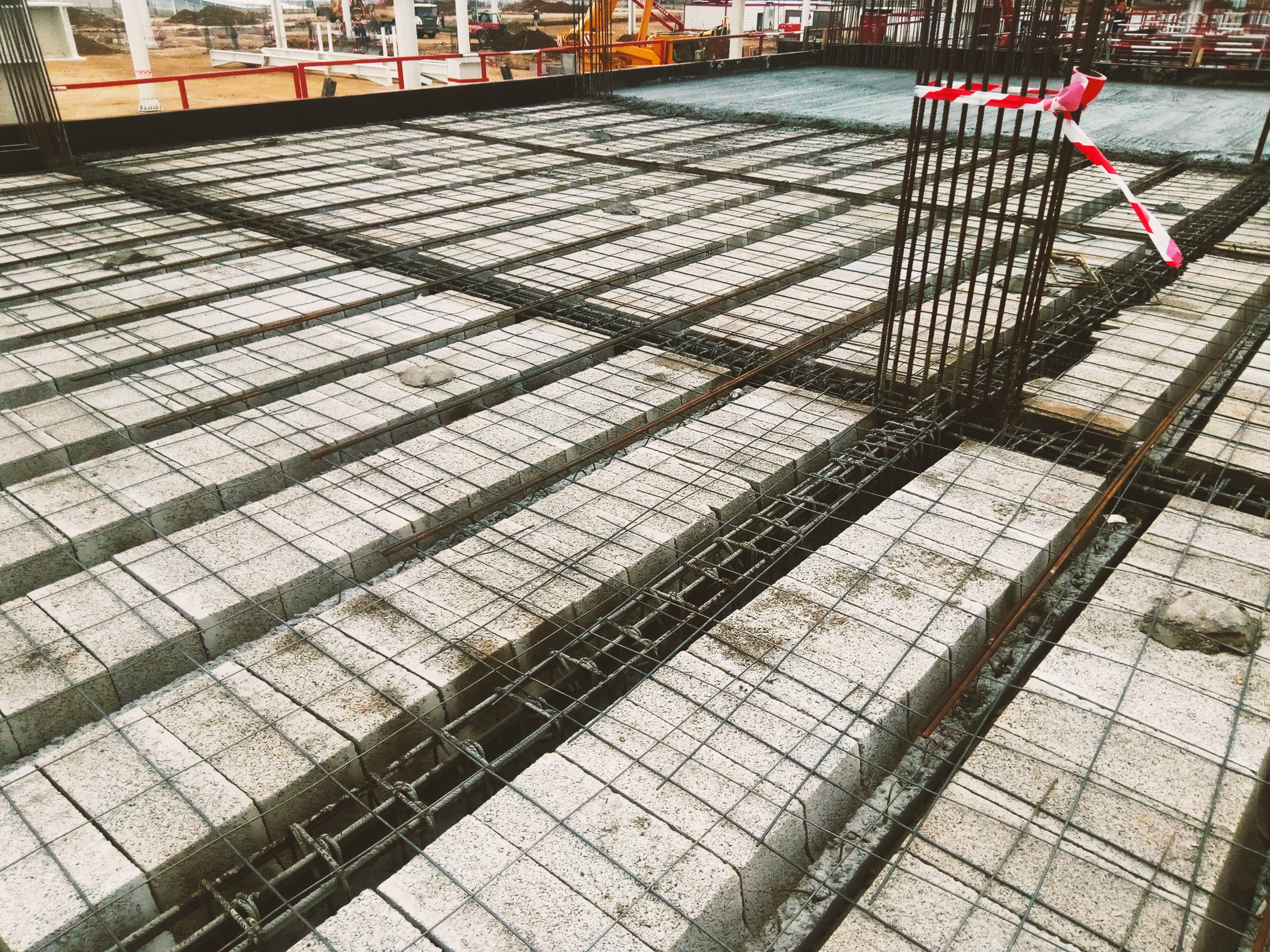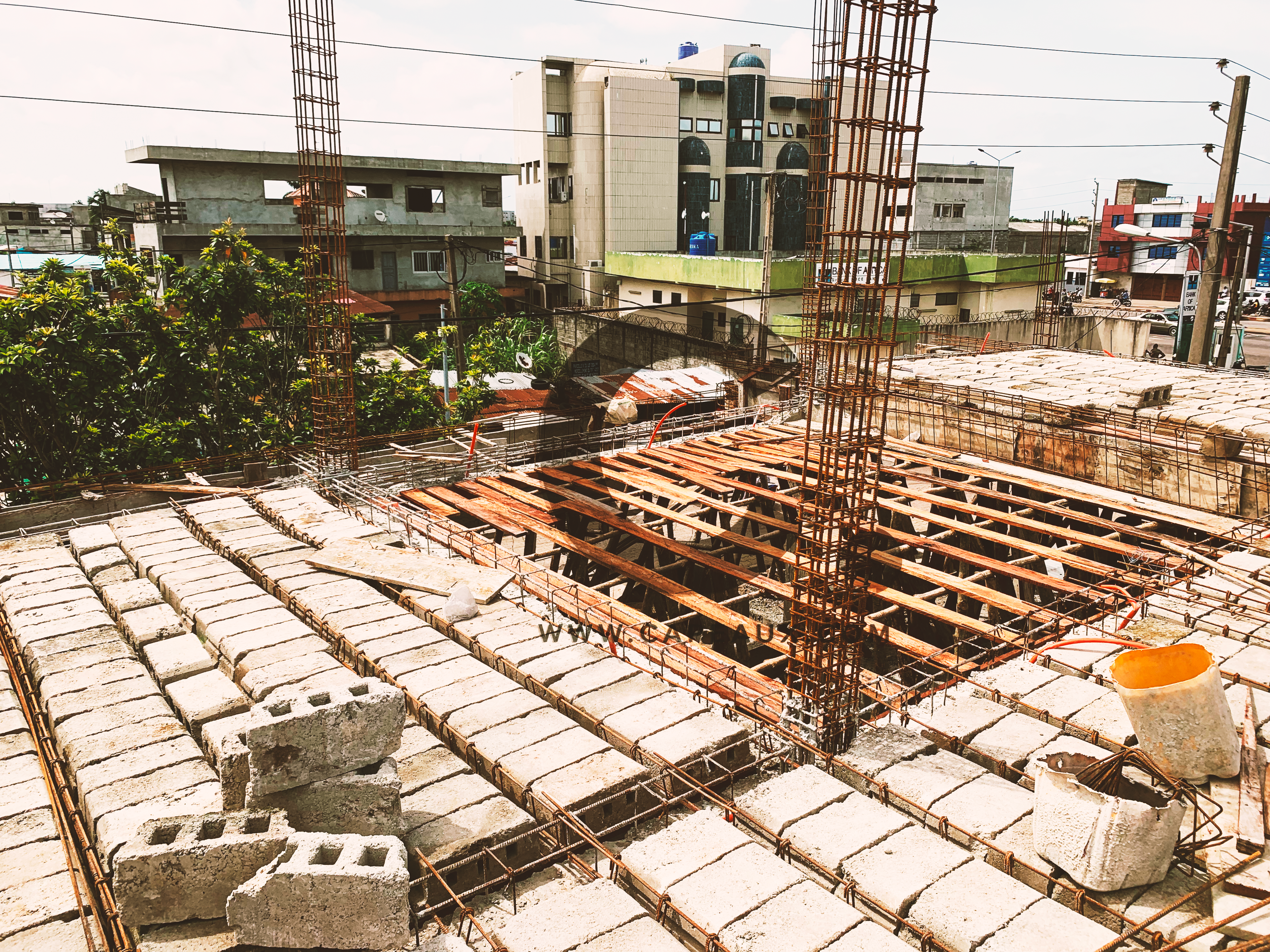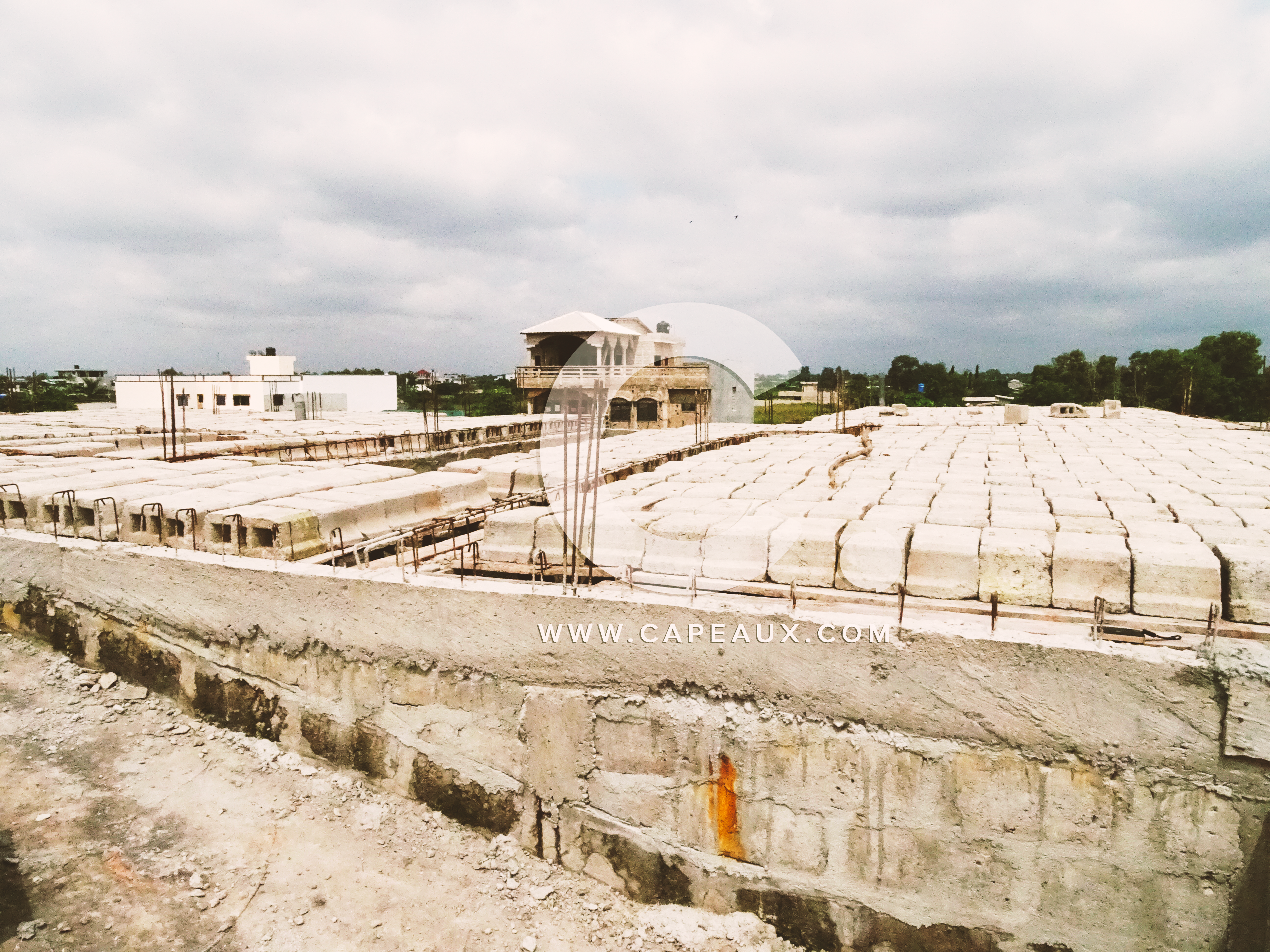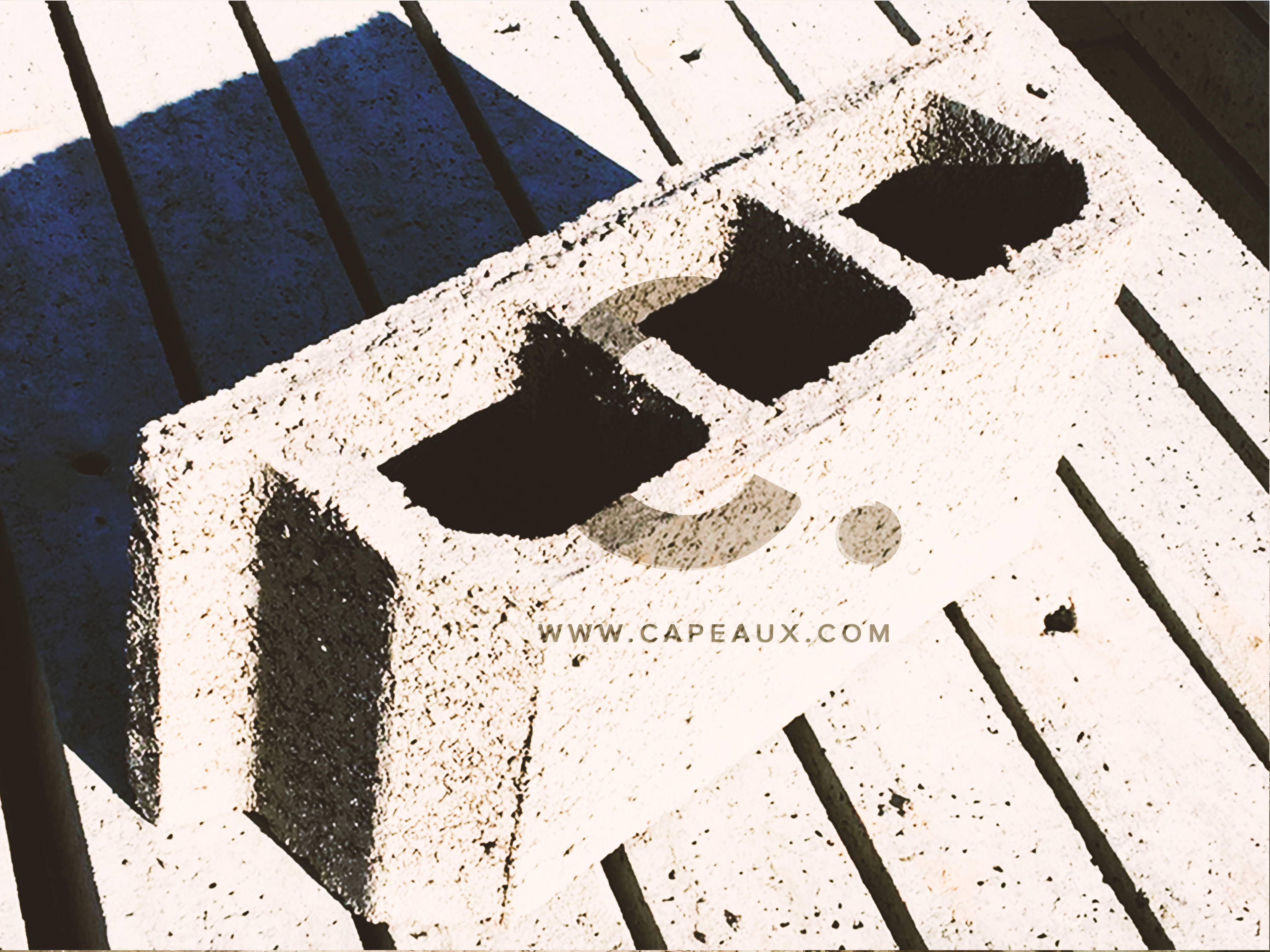Reducing CO2 emissions in construction is a critical goal for mitigating climate change. A hollow core slab is a type of precast concrete slab commonly used in construction for floors and ceilings. Its design incorporates a series of hollow voids or cores running through the length of the slab, which provides several benefits
MANY YEARS OF EXPERIENCE
QUALITY CONSTRUCTION
With regards to rib and block slabs, as the name suggests, the hollow block plays an important component in achieving the low costs associated with this type of slab. Their primary purpose is to form a permanent shutter for the concrete that bonds the slab to the lintel. Their structural value is not as important as the rib or lintel.
Benefits of hollow blocks in a rib and block slab:
- Weight Reduction – The hollow cores reduce the overall weight of the slab, making it easier to handle and install. This also reduces the load on supporting structures.
- Material Efficiency – By reducing the amount of concrete needed, hollow core slabs are more material-efficient compared to solid slabs.
- Thermal and Acoustic Insulation – The hollow cores can improve thermal and acoustic insulation properties, although additional measures might still be needed for optimal performance.
- Span and Load-Bearing Capacity – Hollow core slabs can span longer distances than traditional solid slabs while maintaining structural integrity, which makes them suitable for large open spaces in buildings.
- Installation – They are typically installed using cranes due to their precast nature, which allows for faster construction compared to pouring and curing concrete on-site.
DO THE JOB QUICKLY
Reduce the concrete in filler slabs, Lattice joist for reinforced concrete floor slab and clay block.These slabs are commonly used in floors and roofs for residential, commercial, and industrial buildings.




